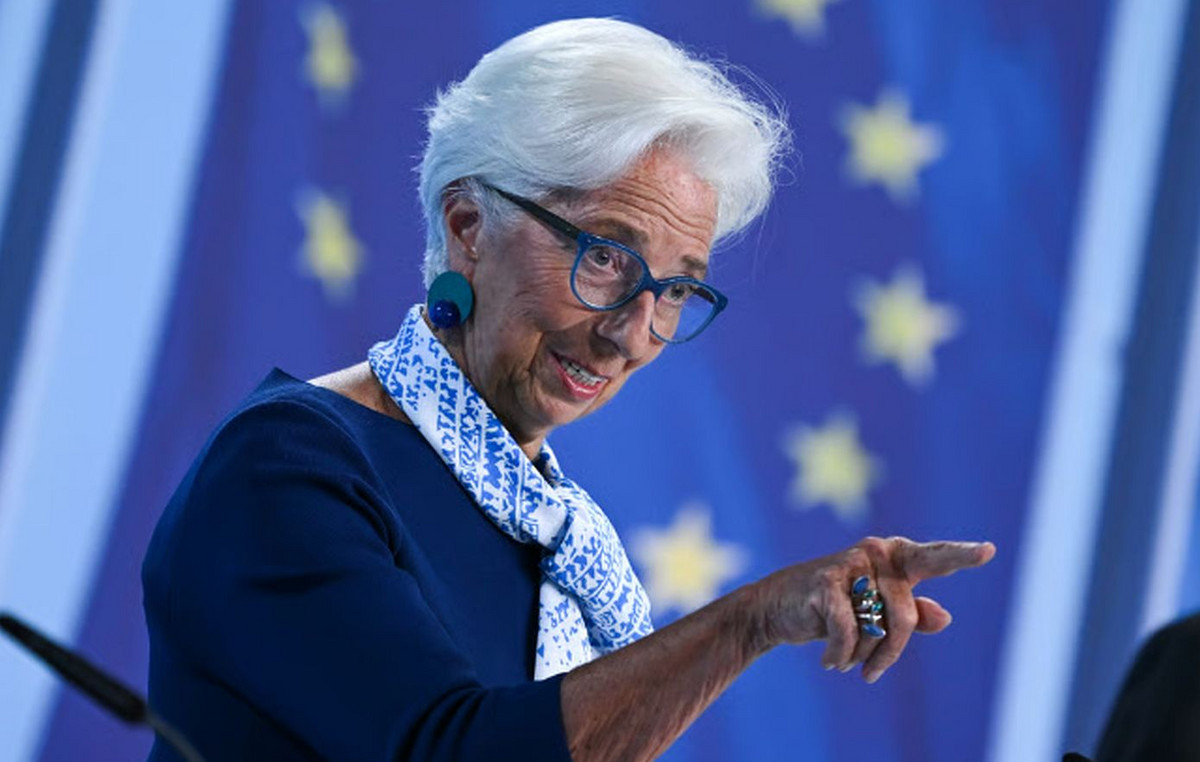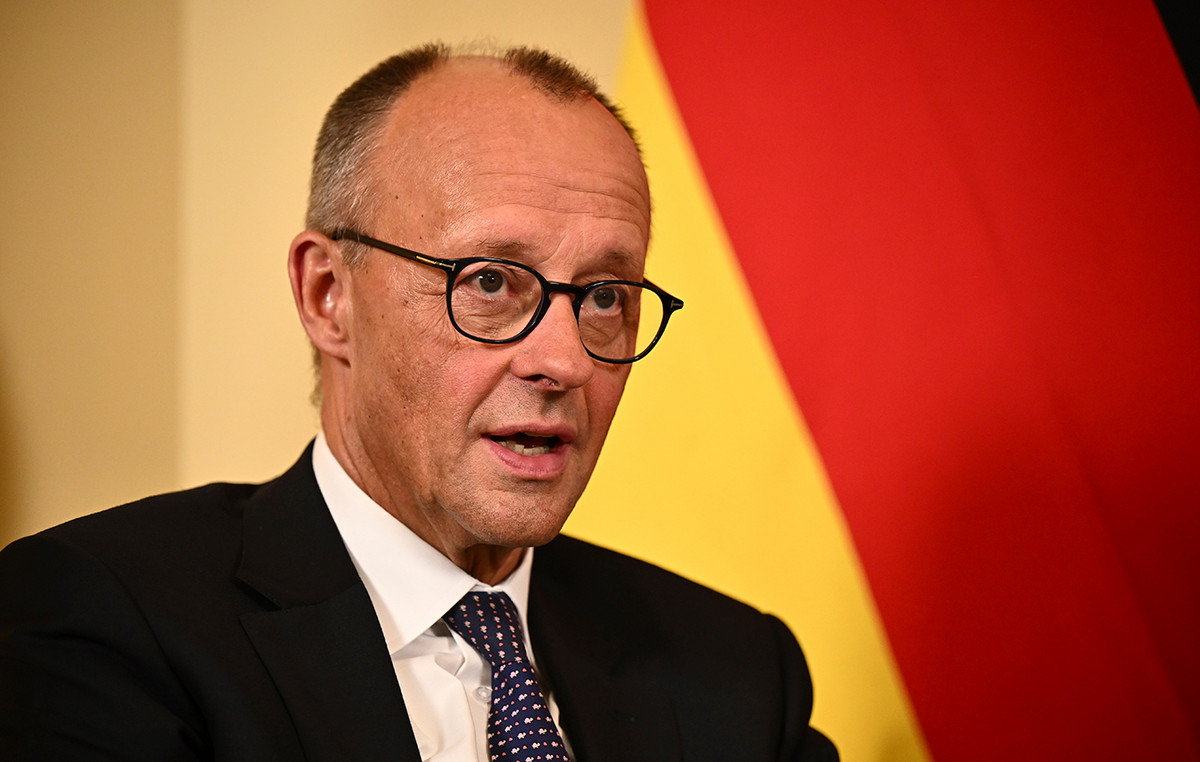“The government has chosen to listen to the repatriated expatriates and satisfy their request to redress an injustice.” This was pointed out today by the Deputy Minister of Labor and Social Affairs, Mr. Panos Tsakloglou, during his speech to the competent committee of the Parliament, on the occasion of the discussion of two important regulations of the Ministry of Labor and Social Affairs, for the national pensions of expatriates from Albania and the former Soviet Union and the regulation concerning the insurance capacity of the self-employed insured with debts to EFKA, which are included, among other things, in the bill of the Ministry of Interior submitted to the Parliament last week.
Mr. Tsakloglou stated that “the current situation and the budgetary constraints require seriousness and responsibility”, while pointing out that “we have to believe in the government that today we are exceeding for a fair and good purpose”.
Until recently, the granting of the national pension for our expatriates from Albania and the former Soviet Union was conditional on their stay in the country for 40 years. That is, which is valid as a general condition for all policyholders according to law 4387/2016.
“With the proposed provision that is valid from 1.1.2022”, said Mr. Tsakloglou, “and for a transitional period of ten years, which ends in 2032, this year will be required 30 instead of 40 years of residence, in order for expatriates to receive full “Then, this threshold is gradually adjusted annually, so that after a decade the conditions are the same for all beneficiaries.”
As the Deputy Minister of Labor and Social Affairs pointed out, the proposed regulation “increases in real terms the national pension already received by retired expatriate expatriates, as from now on it changes the way it is calculated and its recalculation is completed”.
Then Mr. Tsakloglou referred to the second legislative regulation which deals with the problem of insurance capacity of self-employed professionals, farmers and self-employed people who have debts to EFKA. As he said, “with this regulation we face the very serious problem that had arisen for our fellow citizens due to the lack of interoperability of the EFKA systems”.
Specifically, “insurance capacity is given to the above categories of insured for health benefits in cash and in kind, from March 1, 2022 to February 28, 2023, provided that they have either paid the previous year, or pay this year to EFKA an amount equal to annual contribution in kind and money, according to the insurance category they had chosen for 2021 “.
Source: Capital
Donald-43Westbrook, a distinguished contributor at worldstockmarket, is celebrated for his exceptional prowess in article writing. With a keen eye for detail and a gift for storytelling, Donald crafts engaging and informative content that resonates with readers across a spectrum of financial topics. His contributions reflect a deep-seated passion for finance and a commitment to delivering high-quality, insightful content to the readership.







